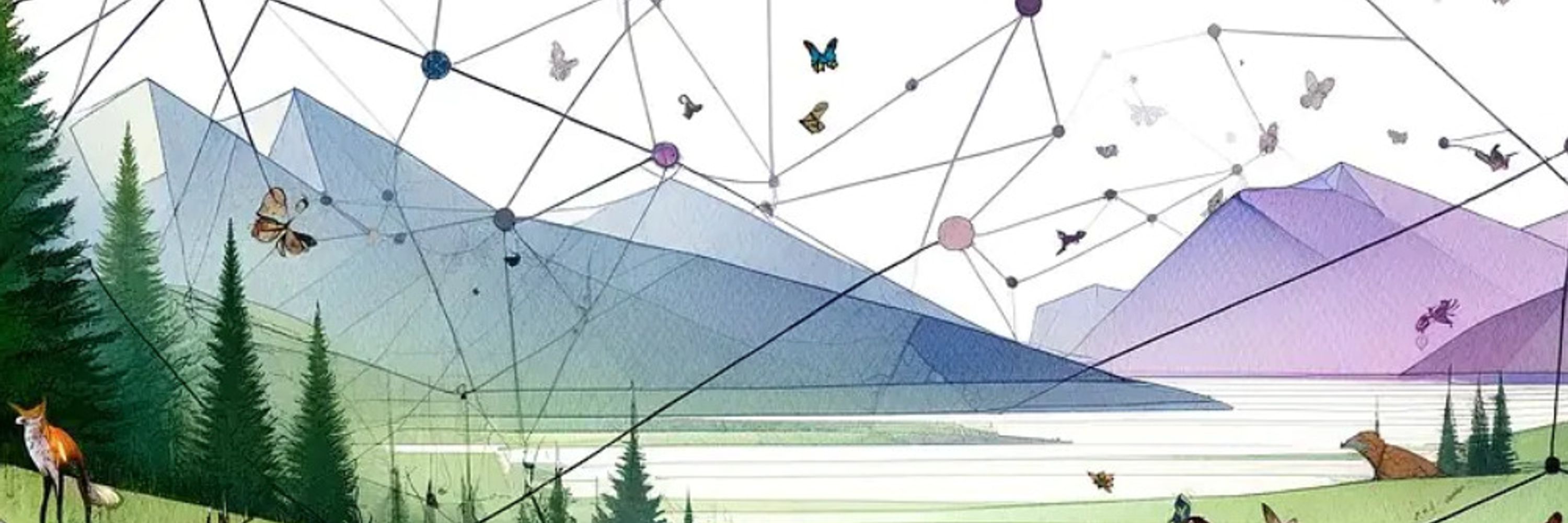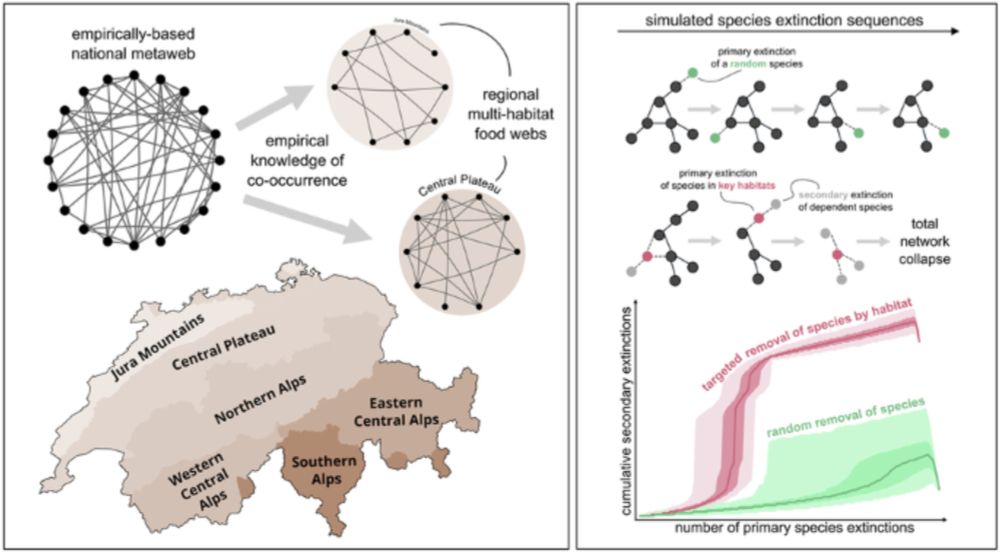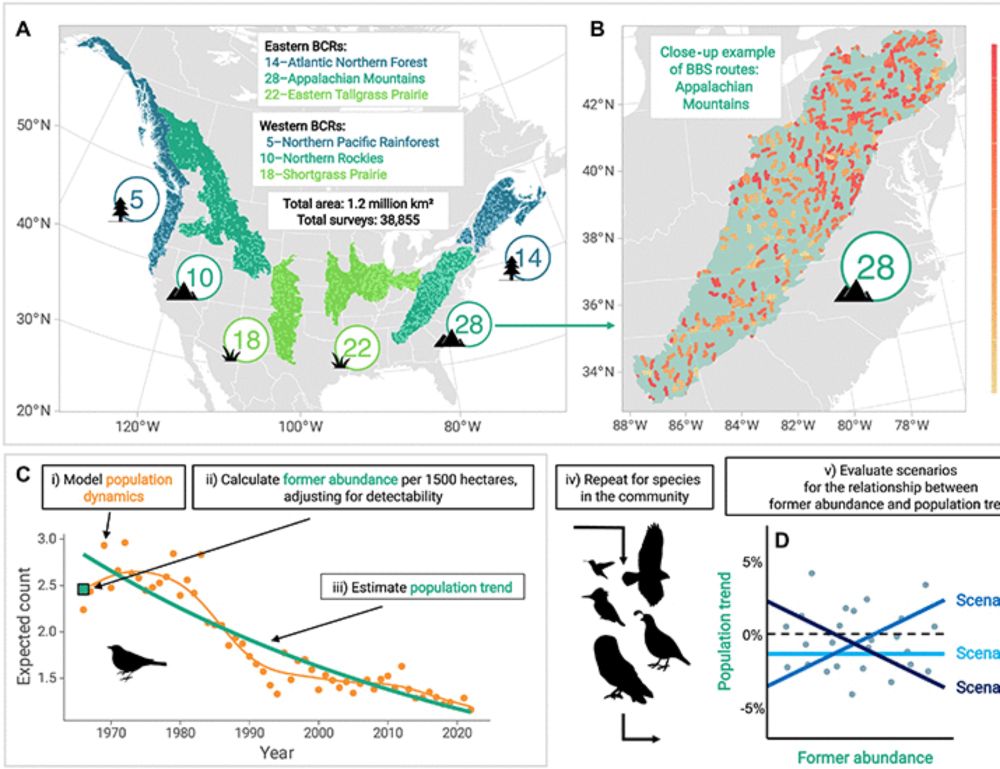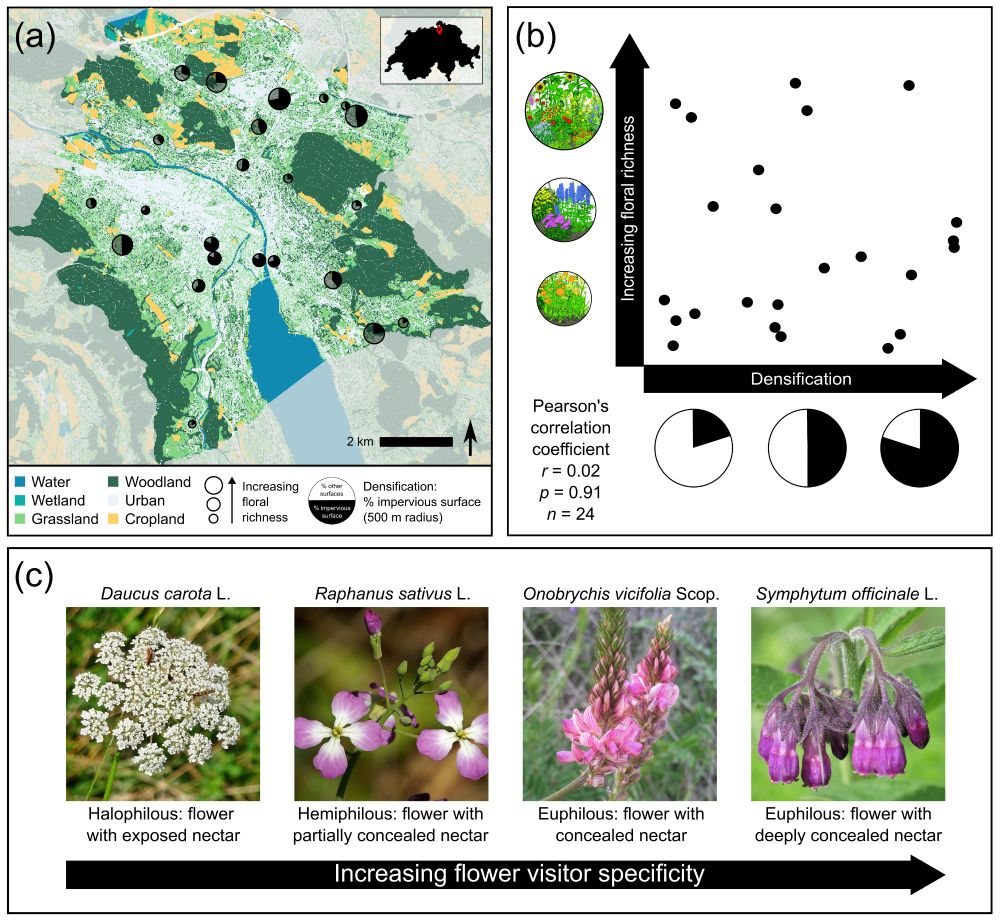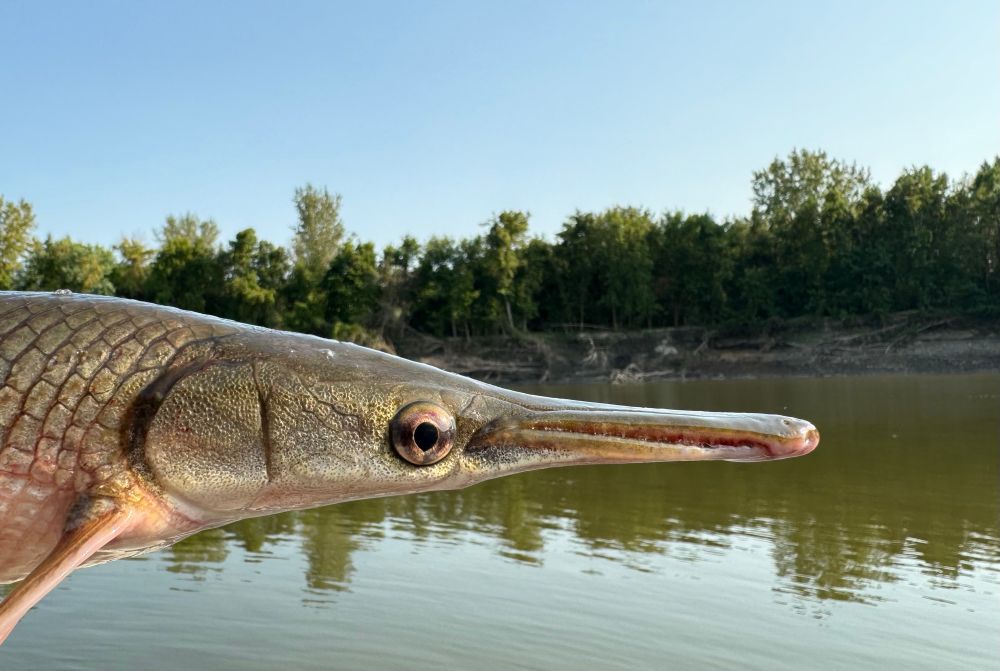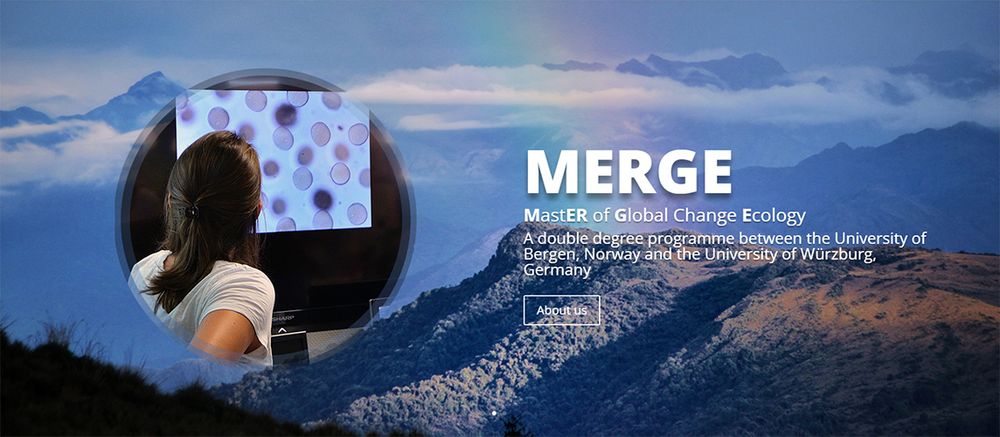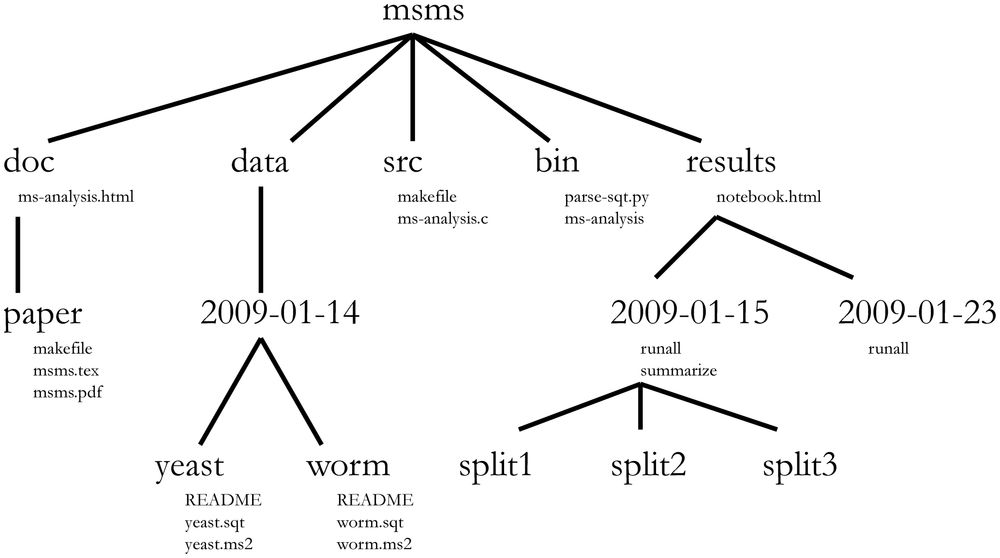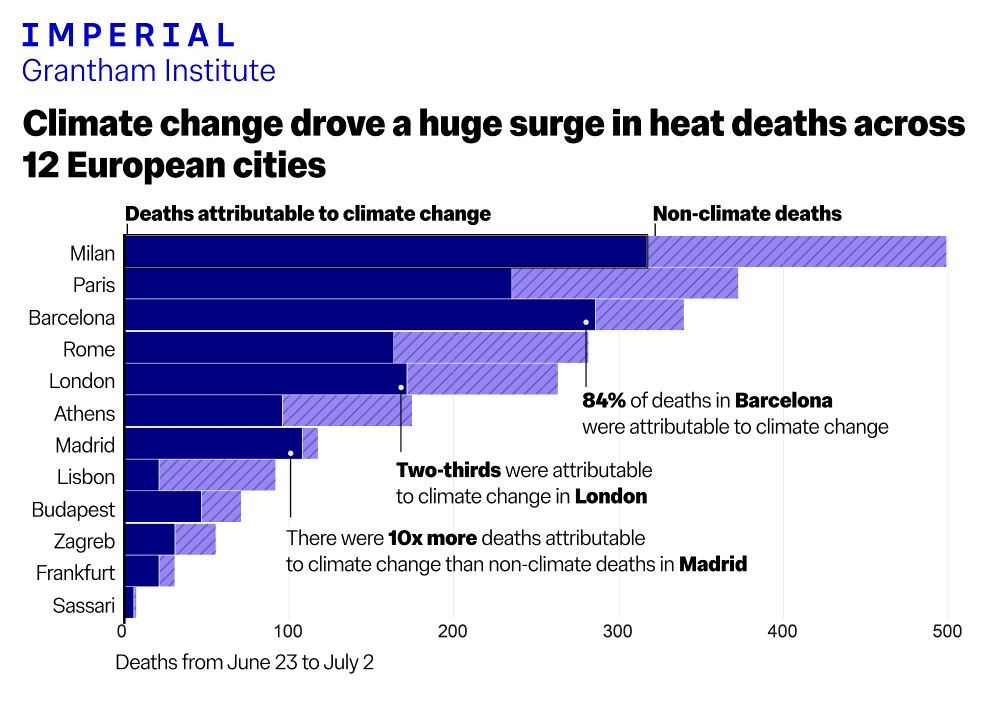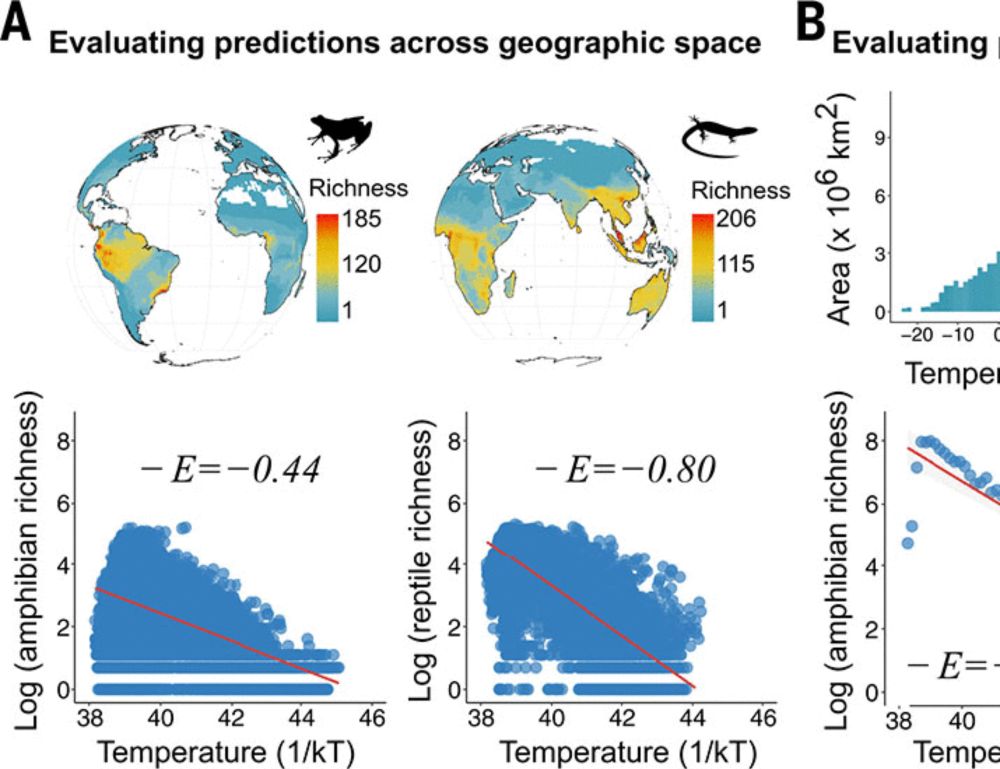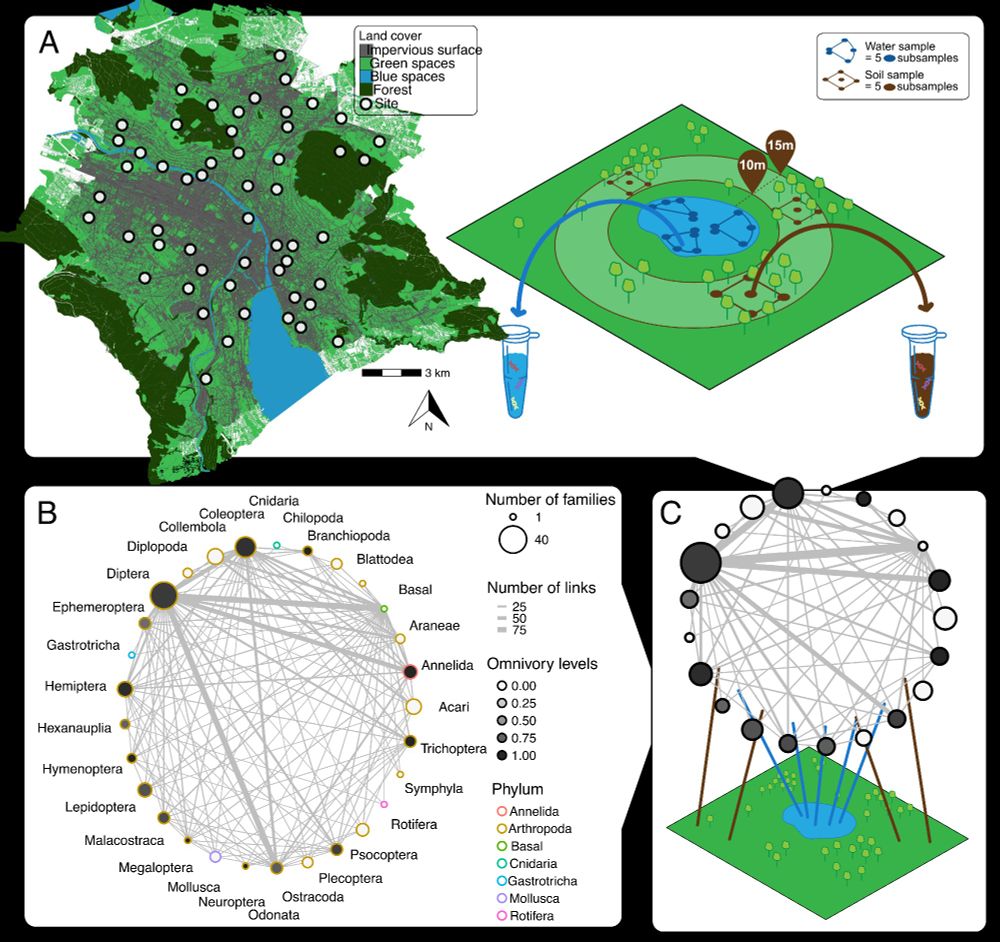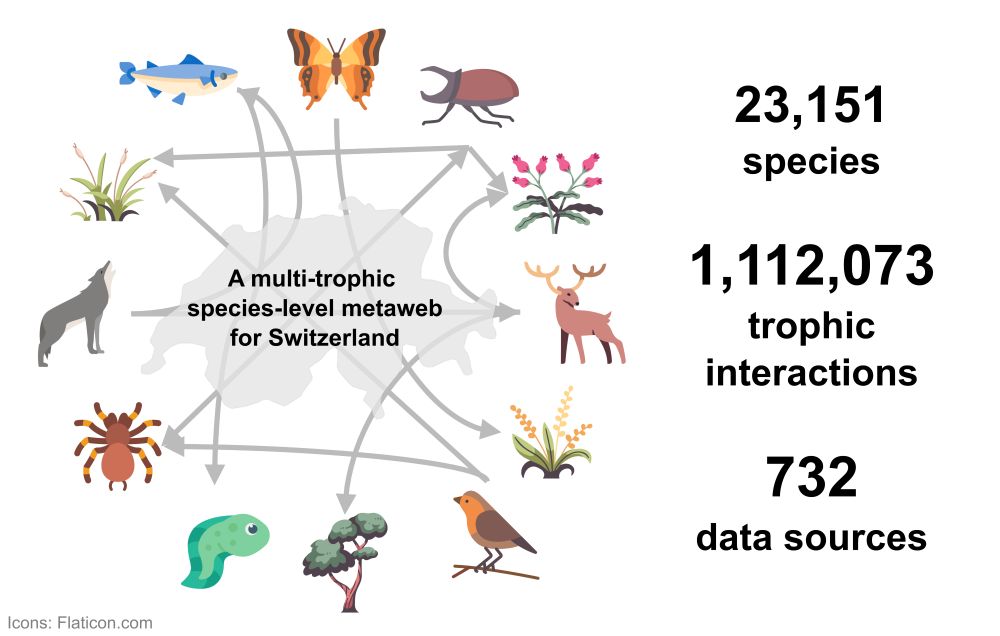Merin Reji Chacko
@merinrejichacko.bsky.social
300 followers
680 following
17 posts
Postdoc @wslresearch.bsky.social
spatial food webs | big data | biodiversity monitoring | stability | macroecology | biogeography | urban food webs https://www.merinrejichacko.com/
she/her 🏳️🌈😷
Posts
Media
Videos
Starter Packs
Reposted by Merin Reji Chacko
Diana Fisher
@dianafisher1080.bsky.social
· Aug 12

Research Fellow Grade 1
Company Description: Every institution values excellence. What matters most is why.
Griffith was created to be a different type of university. You’ll find we’re about leading research, academic excel...
jobs.smartrecruiters.com
Reposted by Merin Reji Chacko
Reposted by Merin Reji Chacko
Reposted by Merin Reji Chacko
Reposted by Merin Reji Chacko
Reposted by Merin Reji Chacko
Reposted by Merin Reji Chacko
